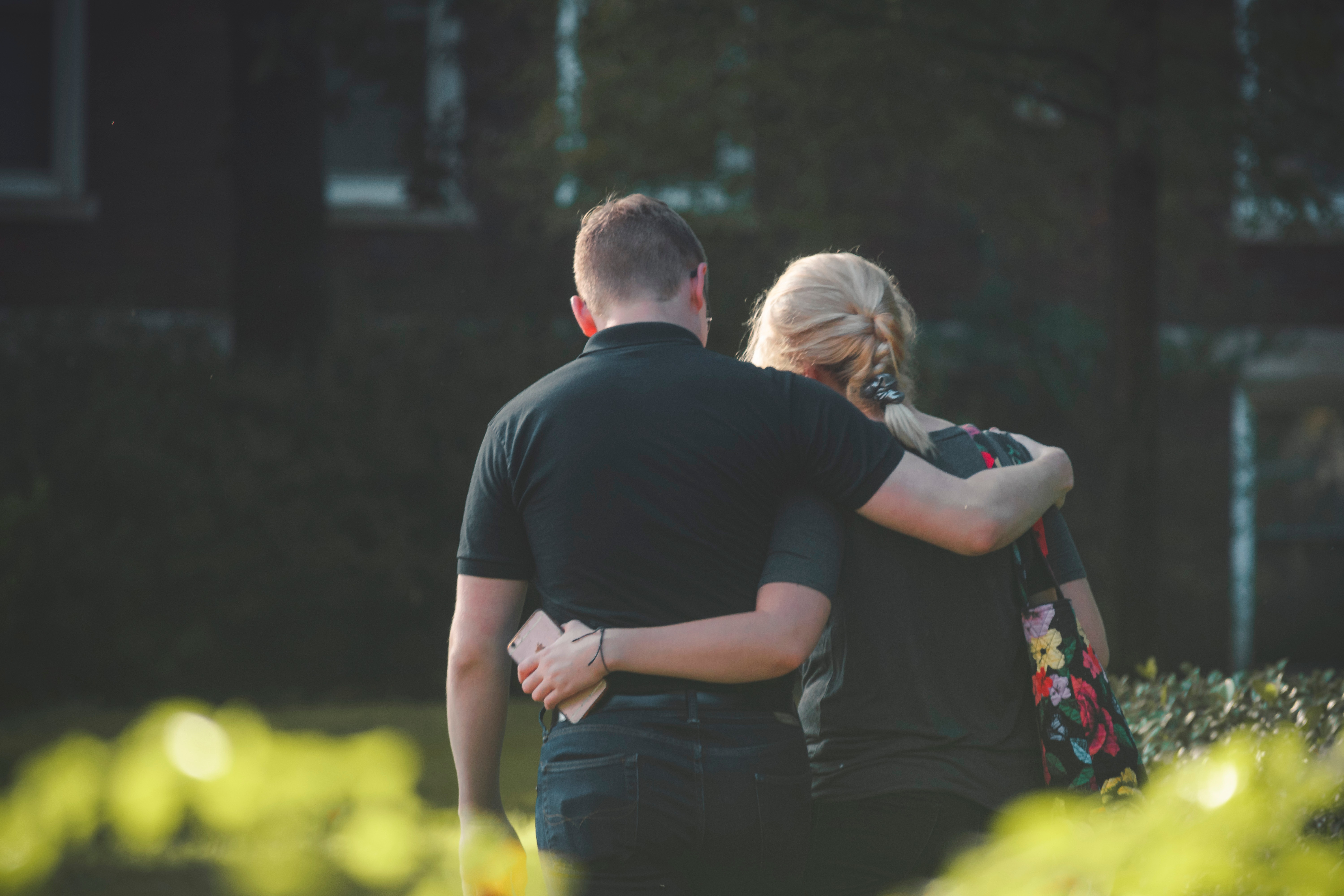Experiencing abuse, whether it is physical, emotional, or sexual, can have a devastating effect on someone’s life. Knowing how to support a loved one who has gone through this kind of trauma can be challenging. If you have a friend or family member who has experienced abuse, it is essential to remember that they are not alone and that there are ways that you can be there for them.
Respect Their Boundaries
When supporting someone who has gone through abuse, the most important thing to remember is always to respect their boundaries. This means understanding and accepting any limitations that your loved one might have when talking about what happened or when it comes to physical contact. They need space and time to heal, which may mean they don’t want to talk about what happened right away or may not be ready for hugs or other forms of comfort. Respect their wishes and give them the space they need even if it feels like you’re not helping in the way you want to.
Be A Listening Ear & Offer Emotional Support
One of the most important things you can do for a loved one who has experienced abuse is to be open and listen whenever they feel comfortable enough to talk about what happened. Tell them that whatever they say will stay between you unless they give permission otherwise. It’s also important to offer emotional support by letting them know you believe them and validating their feelings without judgment. Finally, avoid advising unless asked for; instead, focus on being understanding and supportive by asking questions about how your loved one feels to gain further insight into their experience.
Find Resources & Provide Practical Support
It’s also essential for your loved one to find resources such as a Nursing Home Abuse Center, support groups, legal aid, etc., so consider reaching out with potential resources if your loved one expresses interest in exploring additional help beyond your friendship/relationship. You can also provide practical support, such as offering rides or providing meals while they are dealing with the aftermath of abuse – these small gestures can make a big difference during such a difficult time in someone’s life. Finally, encourage self-care by encouraging activities like exercise, meditation, reading books/listening to music/podcasts that make your loved one feel good – anything that helps them cope with stress and relax is beneficial during this time.
Supporting a friend or family member who has experienced abuse isn’t easy, but it’s essential in helping them heal from trauma caused by such an experience. Likewise, it’s crucial for survivors of abuse to feel supported throughout their healing journey, which requires respecting boundaries while also providing emotional support and practical resources so that survivors know they aren’t alone on this path toward recovery from trauma caused by abuse. By following these tips, you will be able to help bring some sense of peace back into their lives after going through something so traumatic in nature so that, ultimately, survivors of abuse can reclaim their power once again without fear of judgment or shame from anyone else – including those closest around them who care deeply about them.
Be A Listening Ear & Offer Emotional SupportFind Resources & Provide Practical SupportRespect Their BoundariesSupporting a Loved One Who Has Experienced Abuse


what do you think?